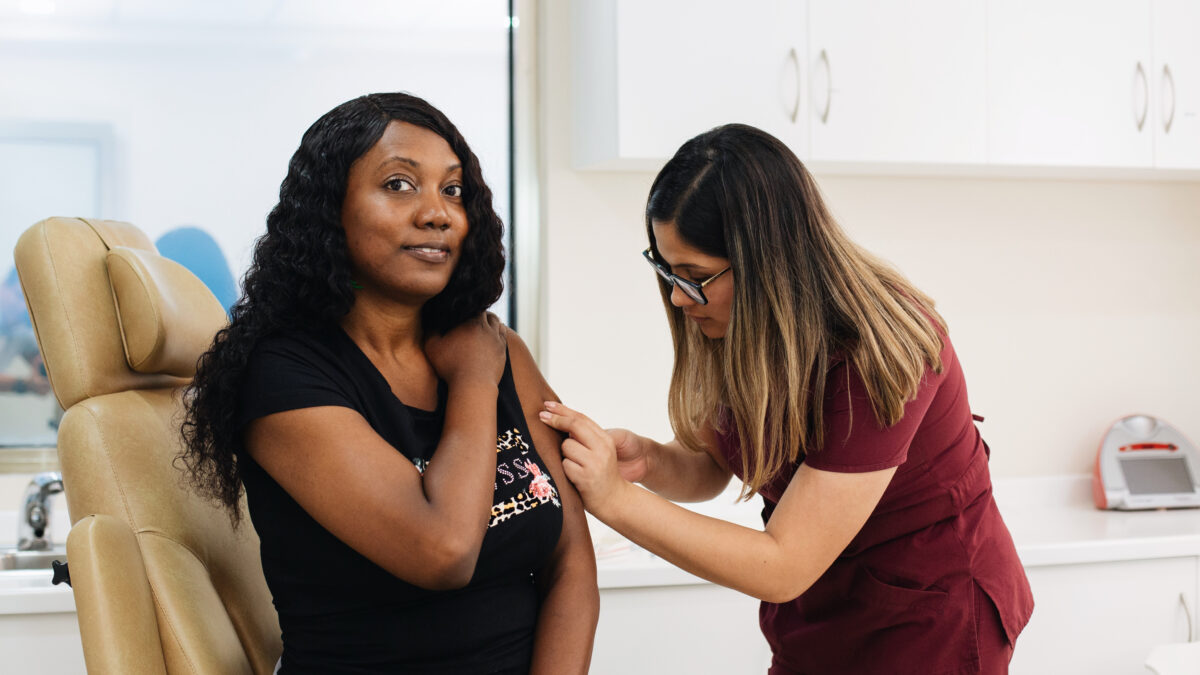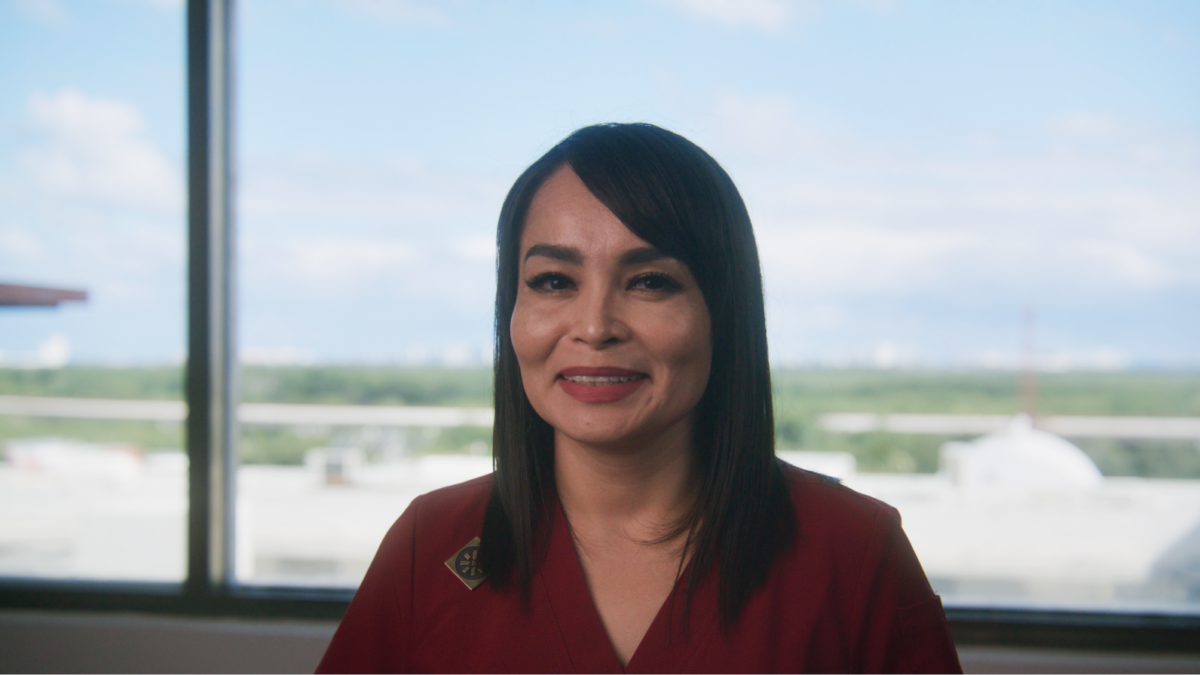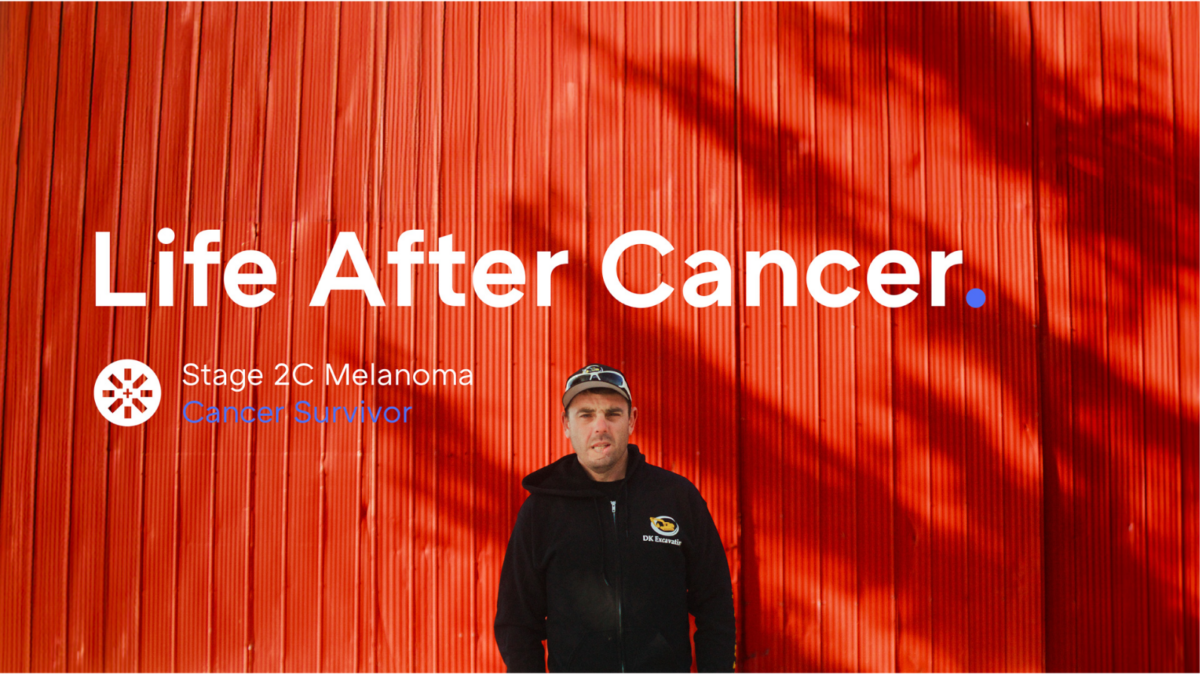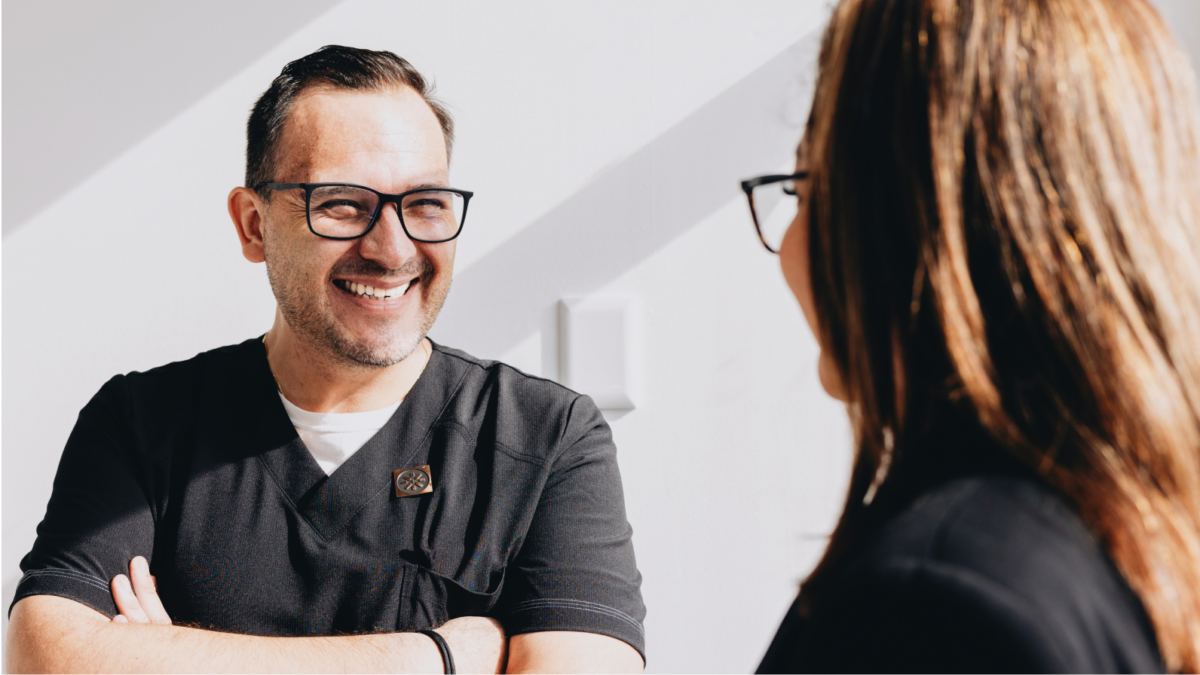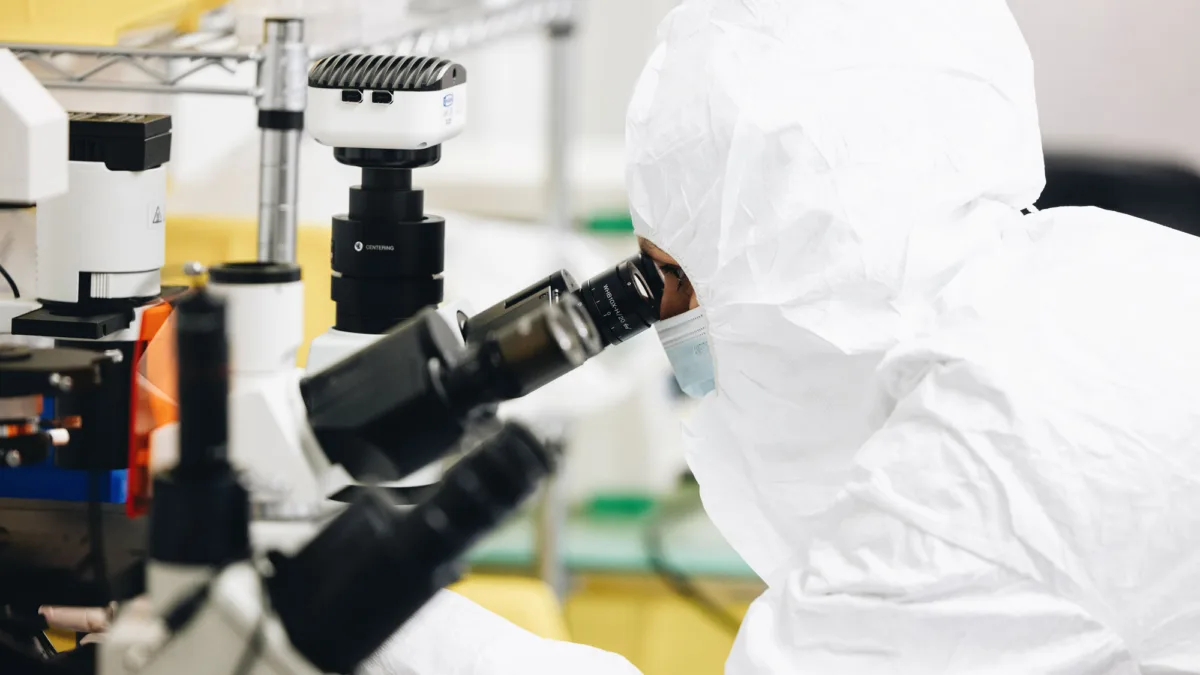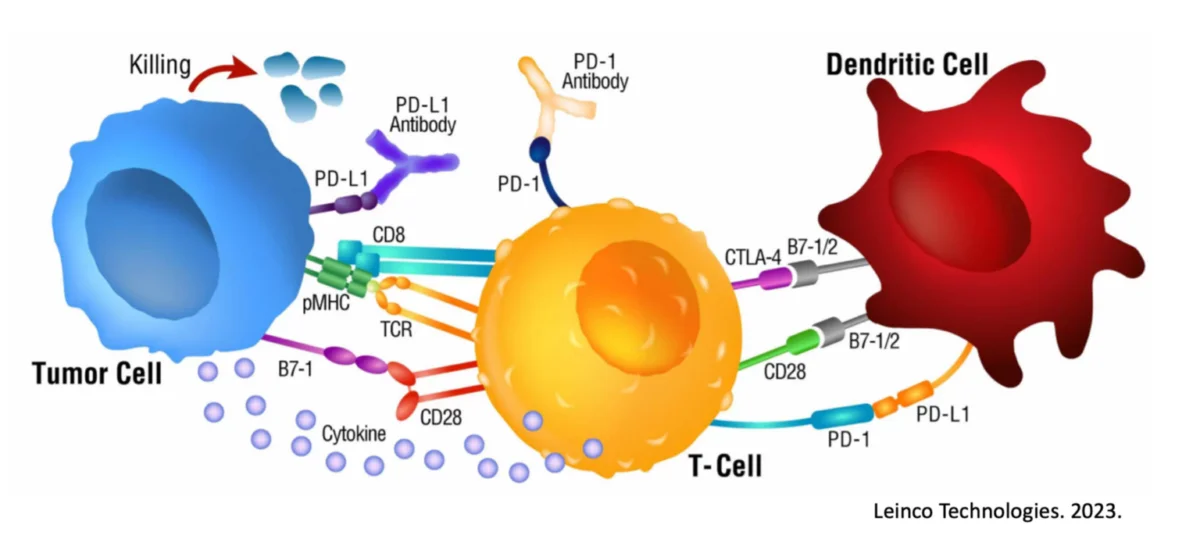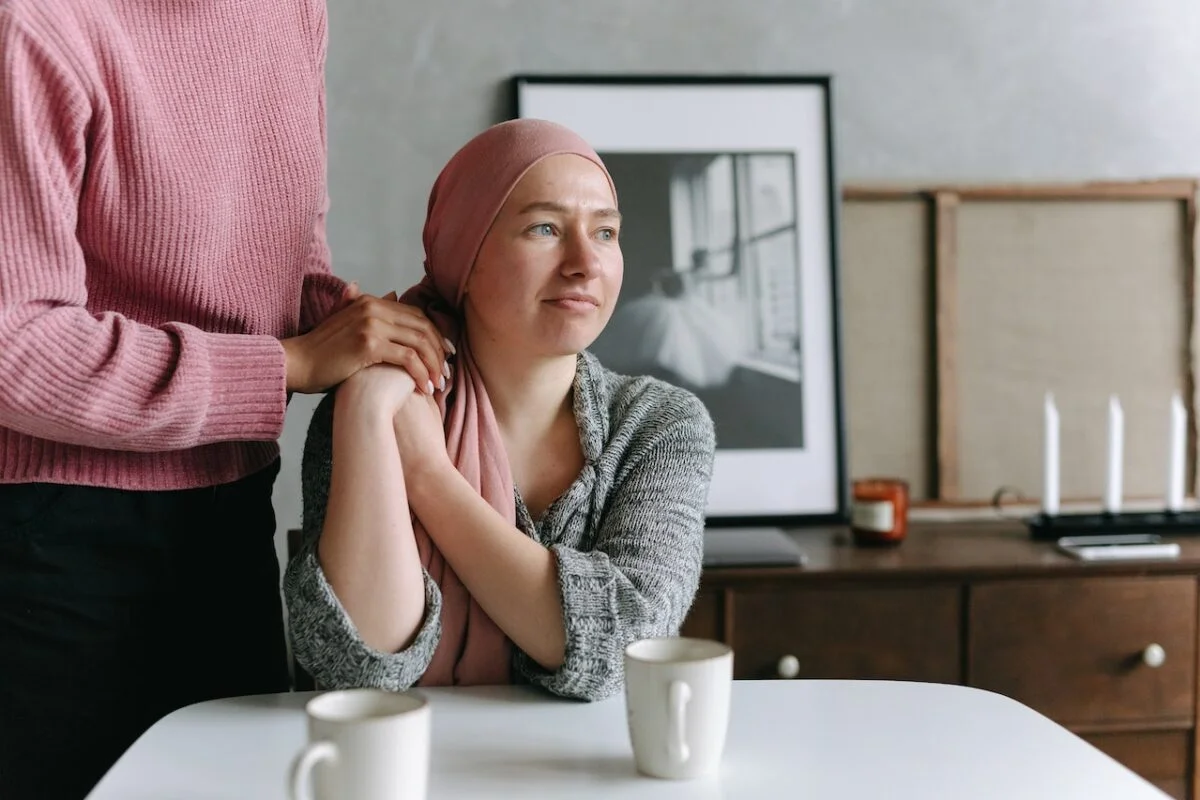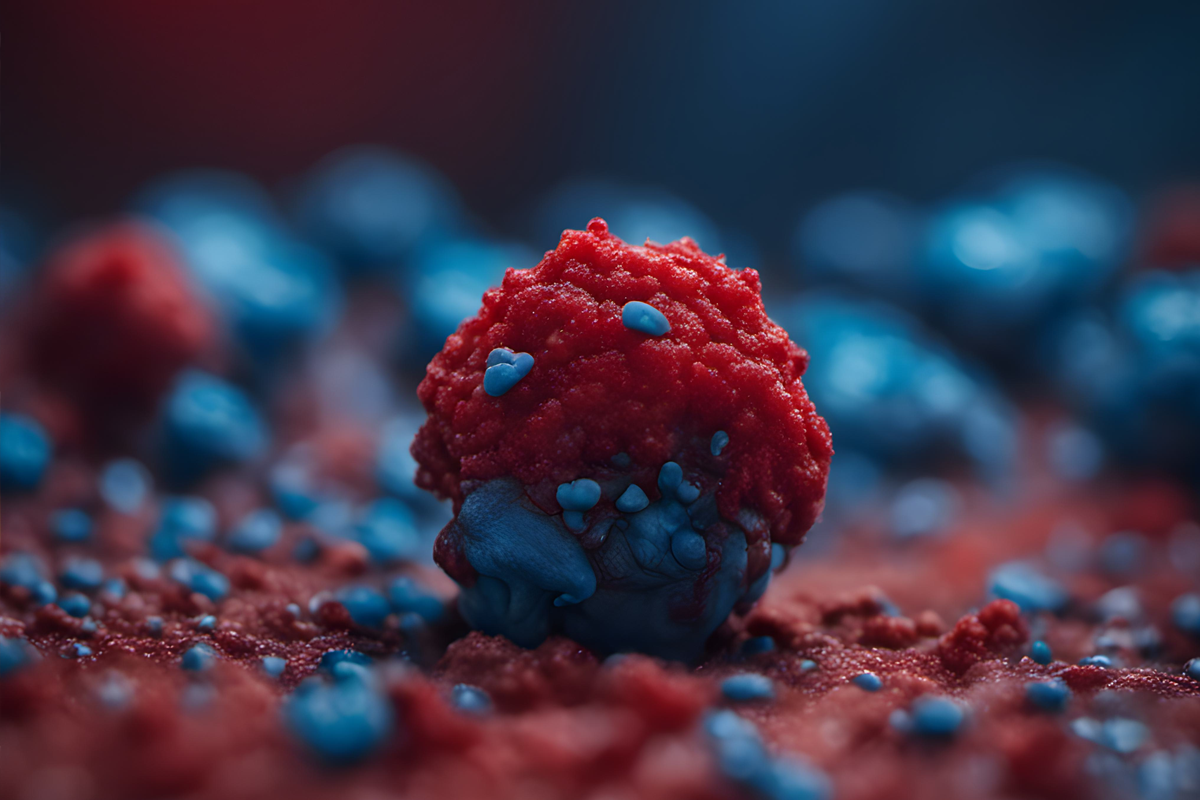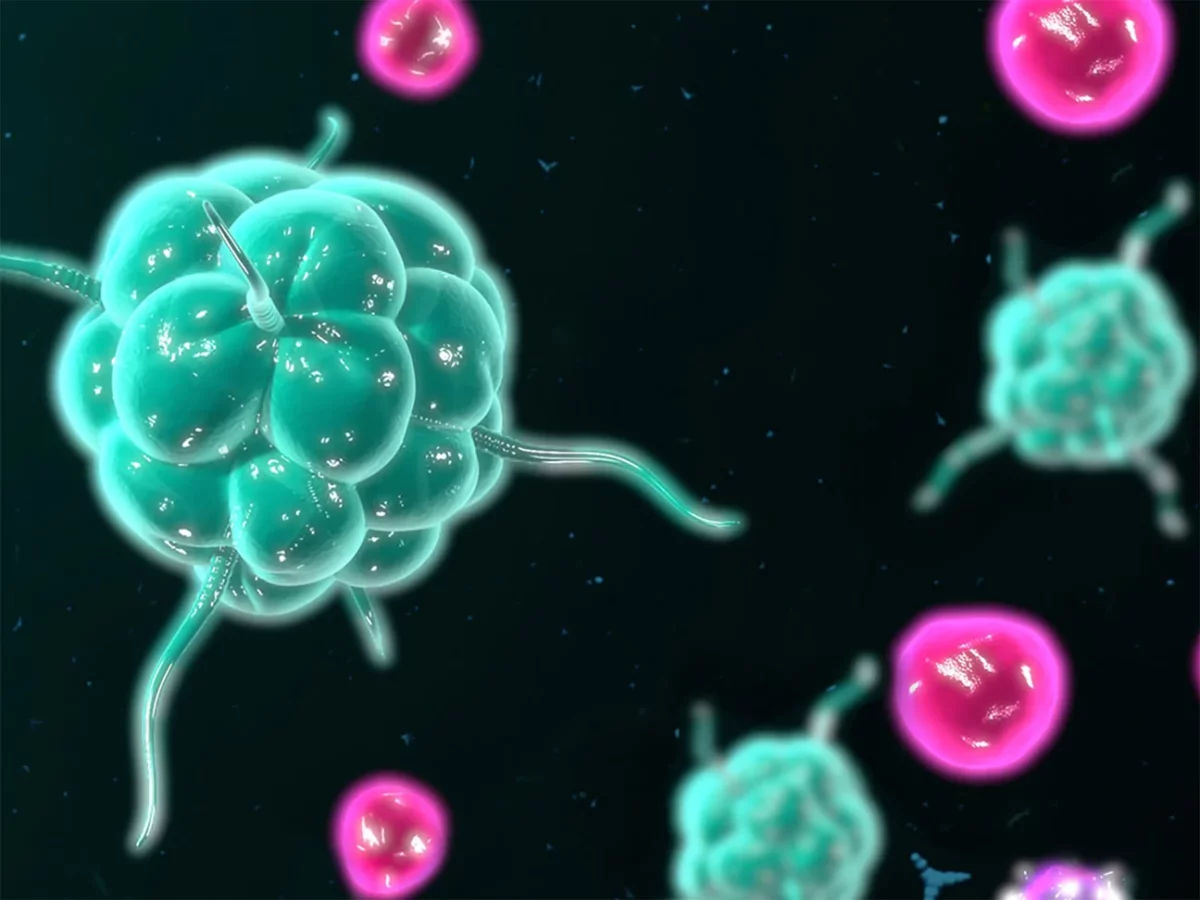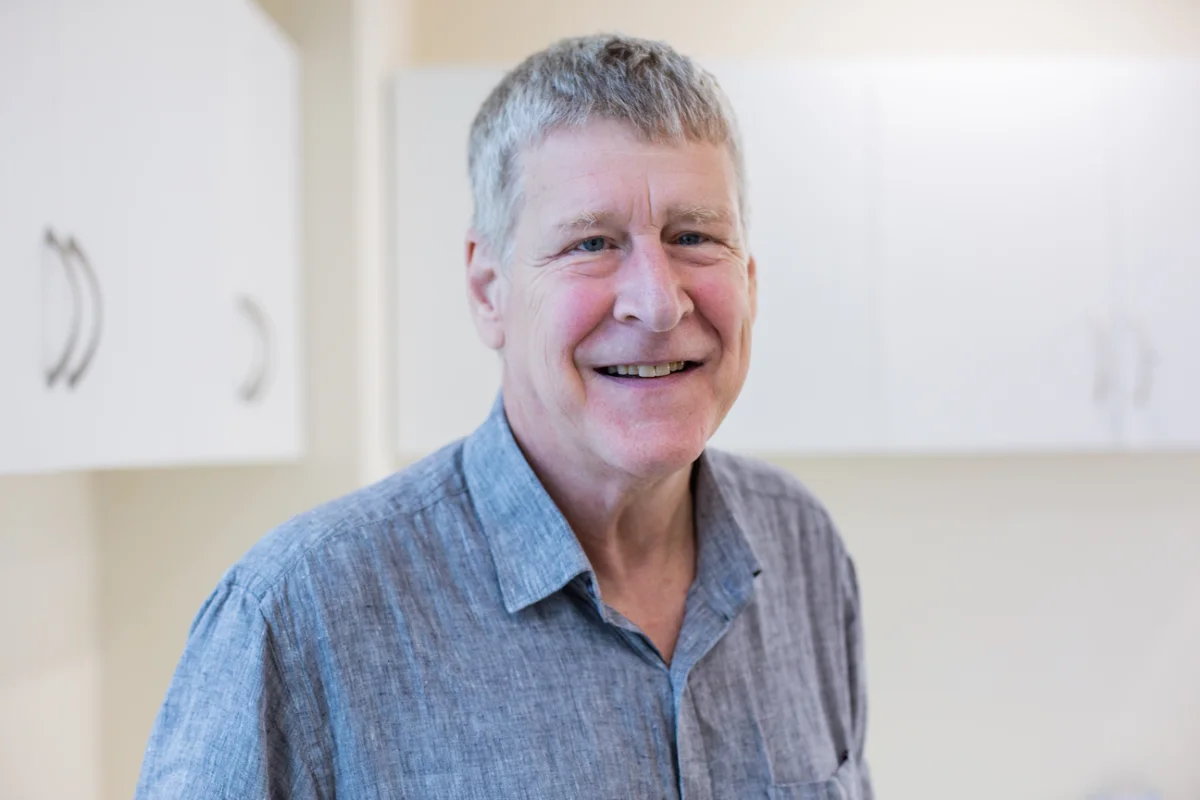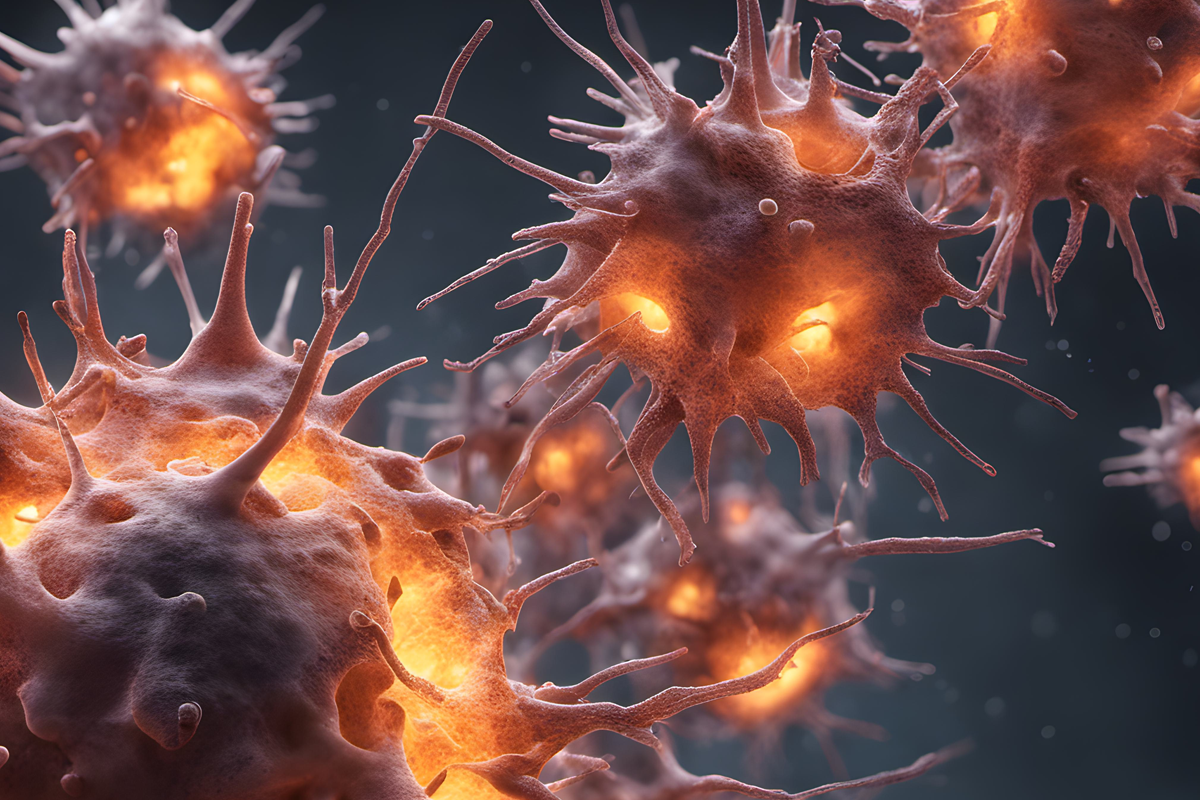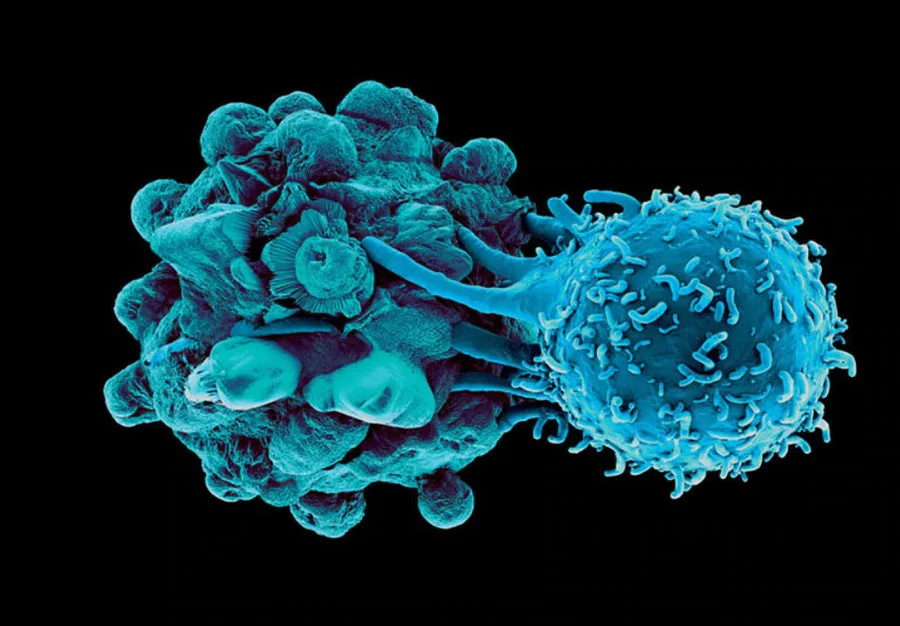Understanding Immunotherapy with World Renowned Author, Haylie Pomroy
The Immunocine Team’s Dr. Matt Halpert and Dr. Rafael Gonzalez recently recorded a podcast with #1 NYT Best Selling Author and Celebrity Nutritionist, Haylie Pomroy.

Seeking to provide more information about Immunotherapy as a cancer treatment for her community, Haylie and our team covered the basics of Immunotherapy, why Immunotherapy has so much potential, and the results we have seen so far with our patients.
To listen to the full podcast, please go here.
The following are excerpts from the podcast with Haylie Pomroy.
Haylie Pomroy
I want to introduce a new concept in cancer: Immunotherapy, which uses your body’s own Immune System to fight cancer. To talk about this specifically, I wanted to bring in a leading Cancer Immunologist, Dr. Halpert, and Dr. Rafael Gonzalez, PhD, a leading cell therapy expert.
To start, what I find crazy is that when my grandmother went through breast cancer, and 20 years later, one of my dear girlfriends went through breast cancer. Yet, they used the exact same type of chemotherapeutic drugs. It was disheartening for me to see that there had not been a significant amount of advancement in cancer therapies.
My goal with today’s conversation is to empower our community to look at options and feel empowered as a patient, specifically as a patient looking for options.
Haylie Pomroy
Where did the idea of Immunotherapy even start?
Matt Halpert, PhD
This all starts with Dr. William Coley, who is recognized as the “Father of Immunotherapy.” In the late 1800s, Dr. Coley demonstrated through rudimentary experiments that the Immune System is capable of combating cancer by injecting patients with bacteria.
Amazingly, some patients saw improvement in their cancer and confirmed the Immune System was playing a role in fighting the patient’s cancer! Fortunately, science has evolved to become much more effective and safer.
Haylie Pomroy
Where did your motivation come to get into researching Immunotherapy?
Matt Halpert, PhD
As I was deciding where to pursue my post-doctorate in Immunology, I became increasingly familiar with many recent advances in Cancer Immunotherapy, such as Checkpoint Inhibitors and CAR-T cell therapy. However, all the research was focused on manipulating the Immune System, not leveraging its natural potential.
I had this inkling that we were missing something. Fortunately, the research lab that I joined at the Texas Medical Center was already working on proving how much more the Immune System could do.
Haylie Pomroy
If we look at Chemotherapy, would you say that it’s been a wildly successful treatment or that it just is a more easily understood and prescribed treatment?
Matt Halpert, PhD
The answer is both. You must remember that in the past, patients had very few options. Prior to Chemotherapy, most options revolved around going home and getting your affairs in order.
Additionally, for a subset of patients, Chemotherapy is a success. There is not a scientist who will say Chemotherapy has not benefitted people and that there are no Cancers that it can be effective against.
However, there are, in many cases, alternative treatment options that can be significantly more effective and less damaging to the patient.
Haylie Pomroy
Immunotherapy seems to be one of those options. Why are we now seeing it come up in conversations?
Matt Halpert, PhD
In the 1970s, our understanding of the Immune System exploded. This momentum continued through the early 2000s and even more so in the last ten years. The scientific community has taken the question of “can the Immune System fight cancer?” to “how can the Immune System fights cancer?”.
Haylie Pomroy
Dr. Gonzalez, can you take us through what is actually meant by the term Immunotherapy?
Rafael Gonzalez, PhD
Immunotherapy is essentially using your own Immune System to eliminate cancer, which is leveraging an ability your body has. But, Immunotherapy is a very broad term. There are a lot of approaches to Immunotherapy, such as medications to using a patient’s own cells.
Haylie Pomroy
Are you saying your body naturally eliminates cancer cells?
Rafael Gonzalez, PhD
Yes. Many people do not know this, but your body will have cells mutating every day that could become cancer. However, our bodies, for the most part, destroy those cells. We do not notice it because those cells never ultimately grow into tumors or widespread cancer.
Unfortunately, the Immune System is not perfect, and as we age, the Immune System often misses more of these mutated cells like cancer. In addition, once cancer is formed, it can have the ability to evade the Immune System actively.
Haylie Pomroy
What do you mean by actively evading the Immune System?
Matt Halpert, PhD
Cancer cells, by their own nature, are hidden from the Immune System. We know this because if the Immune System could see the cancer cells, it would have already destroyed those cells.
But beyond being “invisible” to the Immune System, cancer cells can actively suppress the Immune System by releasing compounds or mimicking the behaviors of healthy cells. It is almost as if they know the Immune System is looking to take them out.
Haylie Pomroy
Can Immunotherapy be complementary to doing Chemotherapy or Radiation?
Matt Halpert, PhD
They absolutely can, but not at the same time.
Chemotherapy and Radiation take a very blunt approach to fighting cancer, which certainly weakens the tumor and slows down the progression. Unfortunately, there is a fair amount of collateral damage to healthy cells. Your Immune System can be dramatically impaired during these treatments.
Given that you need your Immune System for Immunotherapy impairing it in any way is counterproductive. Therefore, Chemotherapy and Immunotherapy can be complementary but in succession, not parallel.
Haylie Pomroy
Can you explain how Dendritic Cells play into the Immunotherapy provided by Immunocine?
Matt Halpert, PhD
In the 1970’s Dr. Ralph Steinman discovered that Dendritic Cells run the Immune System, which resulted in a Nobel Prize. His research and later research confirmed that our Dendritic Cells are the “generals” of the Immune System army. They direct the various immune cells to address and destroy the specific threat.
By using the Dendritic Cells in our Immunotherapy, we are able to create a complete and full immune response against cancer. We can achieve the full potential of what the Immune System can do.
Haylie Pomroy
Are you the first researchers to use Dendritic Cells, then?
Matt Halpert, PhD
No, a fair number of teams in the early 1990s tried using Dendritic Cells for cancer treatment. Unfortunately, the science was just not up to speed when there was this research push.
Though they had the right vehicle, no one had the key to turning Dendritic Cells on the right way. Several groups tried artificial stimulation, such as adding harmful bacteria or mixing in toxins. As these attempts largely fell on their faces, the investment dollars effectively moved on.
Despite the lack of interest, science has remained unchanged. Dendritic Cells are still at the top of the Immune Response. In 2006, one of the researchers I worked with discovered the reason.
Prior Dendritic Cell Treatments used a singular approach to educating the Dendritic Cells with a patient’s cancer. This created an Immune Response not suitable for eliminating cancer cells. Our protocol instead double loads the Dendritic Cell internally and externally, effectively creating an anti-viral response. That is really what has unlocked their potential.
Haylie Pomroy
Is the therapy available to patients today?
Matt Halpert, PhD
There are currently two FDA clinical trials studying this Immunotherapy protocol. I am optimistic we will get this FDA-approved, but that takes time.
It became obvious that we had to make this more accessible to patients who could not wait for potential FDA approval a decade from now. This is why we created Immunocine.
Haylie Pomroy
What results have you seen with Immunocine’s Immunotherapy?
Matt Halpert, PhD
Five years ago, the very first patient received our Immunotherapy. He had Stage 4 Metastatic Prostate Cancer. He couldn’t walk. He was in hospice. I believe he had a couple of months to live.
After he received our therapy, those metastatic lesions disappeared over the next year. The cancer within his prostate became scar tissue, and his oncologist declared “No Evidence of Disease.” This patient is still in remission today.
But every patient is different, which is why we require such a comprehensive Medical Evaluation. If a patient does not have a functioning Immune System, we cannot help them, unfortunately.
Haylie Pomroy
What would the side effects be of Immunocine’s Treatment?
Matt Halpert, PhD
As the Dendritic Cell Treatments are very specific in their targets, we have seen minimal side effects, if any at all, with the patients treated.
The biggest “side effect” we have seen is a patient feeling the effects of an immune response, which results from the Immune System gearing up to attack. This is typically low-grade fevers, aches, and fatigue. These symptoms usually last a few days at most.
Haylie Pomroy
Do you believe this will be the end of cancer?
Matt Halpert, PhD
I do not believe this exact therapy will be the end of all cancer, but I do believe it can prevent certain cancers from being a death sentence. If the results we are seeing continue, this would be a huge step forward for cancer treatment.
To date, we have not seen a solid cancer type that our therapy cannot work for yet. The variables are now the amount of cancer a patient has and the amount of time left to fight it.
Haylie Pomroy
How would a patient pursue treatment at Immunocine?
Rafael Gonzalez, PhD
Every patient starts with a comprehensive and complimentary Medical Evaluation. We do this because our first and only priority is to treat patients that we believe can truly benefit from Immunocine.
To kick off the Medical Evaluation, a potential patient would first start by going to our website, www.immunocine.com, and submitting a New Patient Form. We also have a separate form for physicians looking to refer a patient.
Once submitted, one of our team members will be in contact immediately and start the Medical Evaluation.
READ THIS NEXT
Life After Cancer: Brian’s Fight to Overcome Stage 4 Bladder Cancer
When Brian walked into the hospital for what he thought was food poisoning, he never imagined that a routine CT scan would reveal a small, s
Read MoreOn Air with Immunocine: Dr. Halpert Sits Down with Ben Adazi to Discuss “A New Piece to the Cancer Treatment Puzzle”
Dr. Halpert sits down with best-selling author and functional health practitioner, Ben Adazi, to discuss groundbreaking new research that is
Read MoreOn Air with Immunocine: Matt Halpert Joins Dr. Axe to Discuss Why Cancer Deaths Have Almost Doubled Since 1990
In a recent episode of the Dr. Josh Axe Show, Dr. Halpert sheds light on the alarming increase in global cancer deaths since 1990. They disc
Read More




